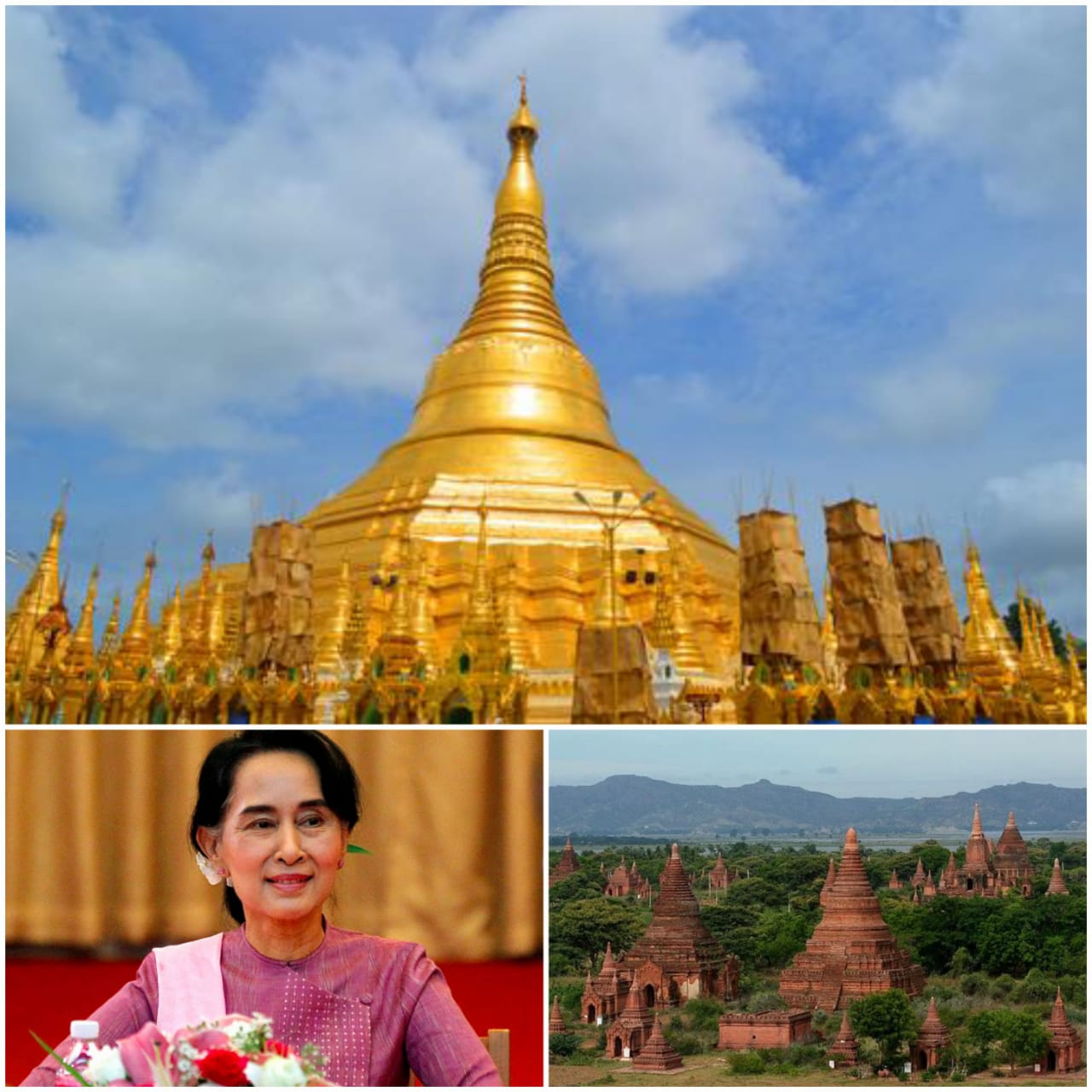The outlook for the forthcoming general elections in Myanmar (Nov 8) points to a favorable vote to the Daw Aung San Suu Kyi (DASSK) led National League for Democracy (NLD). The NLD is widely expected to win a majority of seats in the Union Parliament and form the next government but there will be a diminution in its strength. The reduction of NLD seats in the Parliament will be a new development and possibly create the need for a coalition of sorts to run the government and manage the legislative work. The Parliamentary arithmetic will therefore need careful consideration especially given the fact that 25% of the seats are reserved for appointees of the armed forces. The chances of the military becoming a “king-maker” may be a worthwhile consideration.
The NLD hopes to do well in the election to state legislatures despite accusations that it did not create the right ambience with the regional parties. Much of this blame is being attributed to the lackluster leadership provided by the NLD top brass including DASSK. The opposition parties too have expectations of putting up strong and better performance in the Shan and Rakhine states respectively and the possibility of some upsets in the ethnic states should not be ruled out. Though electioneering was kept to a low key on account of coronavirus and attendant rules, the use of social media was extensive especially with 40% nation-wide coverage.
Observers opine that there are four significant issues that will have a bearing on the run up to the elections and its aftermath. The civil-military relations is a personality based interaction and has for most part of the post-2015 period been frosty and may remain so even after the elections. The military chief is on extension till March 2021, while DASSK will have a political mandate till 2025. The halo around her has weakened considerably for several reasons in the domestic arena but also in international relations. A weakened NLD at the center will have to come to terms with this reality. The poor performance report is not unexpected given the lack of developments over past five years and especially as several important reforms and emotive issues remain unresolved. Observers are of the view that the blame must be equally shared by the civil-military administration. Further there is no yardstick to measure the performance of the military, which retains the four powerful ministries and influence in the Parliament.
The Rohingya problem has remained a major destabilization factor since mid-2016 and has held the government to ransom for a major part of its tenure leading to complications and hurting international relations. The gains accrued during the presidency of Thein Sein have been lost in the power struggle between the military and the political class. The Rohingya issue which is a major political problem is being seen through the prism of national security and unless it is not addressed by all stakeholders the resultant damage to Myanmar’s national interests will be enormous. Rakhine state is a playground for not only anti-Myanmar elements but also a source of danger to India and Bangladesh.
Myanmar military has publicly identified China as the source of insecurity for providing aid to anti-government elements operating in the Rakhine region. According to reports circulating in social media, a terrorist organization owing allegiance to the Islamic state has reportedly set-up its base in the Arakan state of Myanmar.
The effect of the Coronavirus pandemic since early 2020 has been unprecedented and exposed the fault-lines in the political administration and economic management of the country. It has also affected travel and tourism in a major way resulting in substantial revenue losses and any early recovery is ruled out for another 6-8 months. The ambitious Myanmar Sustainable Policy (2018-30) has also suffered severe setback. The Rohingya issue has led to the return of the sanctions regime as also revived the space for Chinese influence and manipulation.
The coronavirus has also placed the entire electoral process at a risk apart from causing confusion and chaos. The recent warnings of the armed forces chief, Senior General, Min Aung Hlaing to the Union Election Commission (UEC) and to the NLD government over handling of the preparations for the Nov 8 elections is reportedly causing concerns among observers, politicians and the international community. It is not unusual, the military chief has often articulated his criticism of the government over several of its policies. The NLD for its part has strongly reacted to the statement of Senior General Min Aung Haling. The sudden return of the firebrand monk Wirathu (Nov 3), after over 18 months in hiding is another factor that can cause NLD some anxiety ahead of the general elections.
There is the common expectation that the general elections will be held smoothly across Myanmar except for constituencies notified by the election commission. The general law and order situation is also expected to be under the control and the military will have to ensure against violence. After all, it is responsible for internal security, law and order. For countries in Myanmar’s immediate concentric, the fair conduct of general elections is being seen as evidence of further transition towards democracy, stability and economic growth. The value of Myanmar’s strategic location has been recognized by India, which has trebled under its Look East Policy. Like-wise South Korea, Japan, certain ASEAN countries and possibly the United States of America (USA) are getting round to the same view and so is the US-led QUAD.
(The Writer is Managing Trustee, Institute of Contemporary Studies Bangalore (ICSB) and a former Special Secretary, Govt. of India. The views expressed are his own.)
(The views expressed are the author's own and do not necessarily reflect the position of the organisation)

